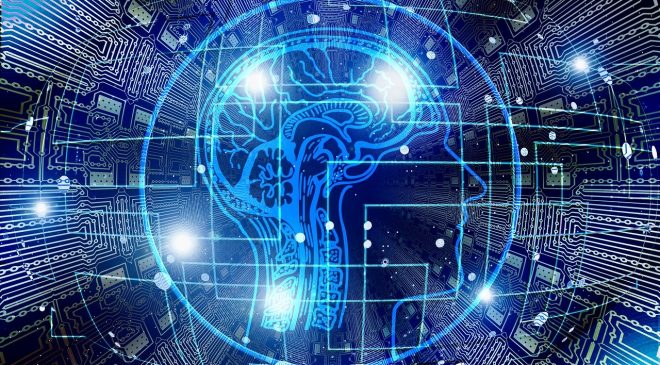GenAI poised to enhance efficiency, patient outcomes, and personalized care
GlobalData, a leading data and analytics company, asserts that the adoption of generative artificial intelligence (genAI) in the pharmaceutical and healthcare sectors holds immense potential to address challenges related to high costs and poor patient experiences, while simultaneously enhancing efficiency and patient outcomes. With the increasing focus on data-driven healthcare, genAI is set to transform the industry significantly.
Kiran Raj, Practice Head of Disruptive Tech at GlobalData, emphasizes the revolutionary impact of genAI on the healthcare landscape, driving transformative changes across the value chain. The ability of genAI to deliver customized, multi-format content to various stakeholders, from pharmaceutical companies to patients, enables precisely targeted communication. However, responsible AI practices are vital in building trust and managing risks within the industry.
Saurabh Daga, Associate Project Manager of Disruptive Tech at GlobalData, highlights the potential of genAI in streamlining personalized care and guided diagnosis. By synthesizing key data points from patients’ medical history, family history, and lifestyle, genAI can assist physicians in providing more effective care at lower costs, leading to better patient outcomes.
GlobalData’s latest Innovation Radar report, titled “New prescription: generative AI meets healthcare,” provides a comprehensive overview of how genAI is being implemented across the pharmaceutical value chain, spanning applications in research and development, imaging, and diagnostics, as well as patient care and support.
GenAI is poised to revolutionize the field of drug discovery by generating novel drug candidates based on researcher-provided criteria and constraints. Additionally, genAI can predict the efficacy and safety of new drug candidates, as well as personalize drug therapy, further improving patient outcomes.
While drug discovery start-ups like Huma.AI, Insilico Medicine, and Absci are developing generative models to expedite drug development, companies such as Google and NVIDIA, through initiatives like MedPalm 2 and BioNeMo Cloud, are providing the necessary infrastructure for genAI-powered drug discovery.
Daga concludes that while the genAI landscape is not without risks, particularly in regulated industries like pharma and healthcare, significant advancements and benefits are anticipated. Challenges such as bias, discrimination, and privacy must be mitigated through governance. It is crucial for organizations to collaborate with industry experts who possess both the industry perspective and technological expertise at the intersection of responsible AI to fully leverage the potential of recent technological breakthroughs.





